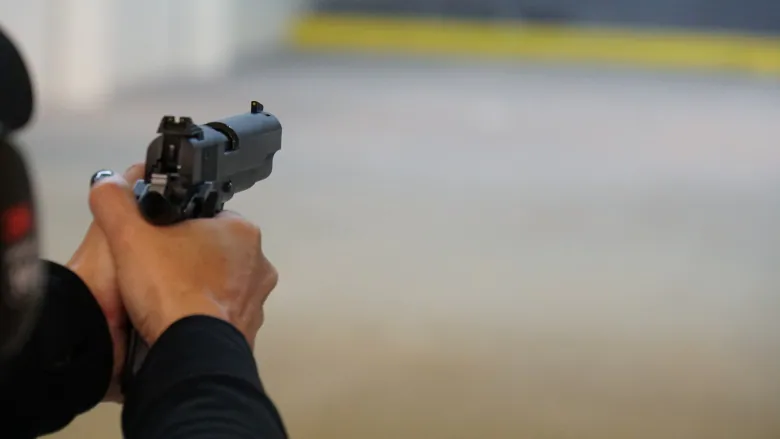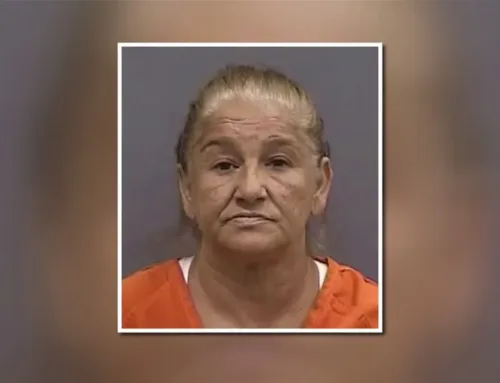Published:January 10, 2022
-CBC
Alberta won’t sign on to any handgun ban options Ottawa may offer, and says it’s willing to take the fight to court if provincial firearms jurisdiction is disregarded.
The federal Liberal government planned to give municipalities the ability to implement a ban but has adjusted since the last election to focus on working with provinces.
Alberta’s United Conservative government has long opposed many of the firearm measures proposed by the federal government, saying banning handguns would disproportionately punish law abiding gun owners and fail to adequately tackle the illegal use of firearms.
The Liberal government proposed legislation last year to give municipalities the power to ban handguns as part of a bill that would have introduced a range of further gun control measures in Canada.
That bill died when the election was called in the fall, but November’s speech from the throne indicated a slightly different approach: Leaving the decision on a handgun ban with the provinces.
“The government will now put forward measures like a mandatory buyback of banned assault-style weapons, and move forward with any province or territory that wants to ban handguns,” the speech read.
As the feds tweak their approach, Alberta’s position remains unchanged.
“The federal Liberal government should focus on keeping illegal firearms out of our Canada, and out of the hands of criminals — instead of targeting law-abiding Albertans,” Justice Minister Kaycee Madu’s office said in a statement.
“Alberta will challenge any invasion of provincial jurisdiction in this area, through the courts, if needed.”
Federal Public Safety Minister Marco Mendicino spoke to those concerns at a committee in December.
“I want to assure hunters, farmers and target shooters that nothing we are doing is intended to diminish their lawful recreational activities. At the same time, we have a responsibility to work together to reduce gun violence. We cannot risk another shooting at a school, a place of worship, or at a police officer, or on women, or on any innocent life. Public safety is our top priority. Protecting human life must come above all else.”
Provinces have some authority over certain firearms measures, but most of it is controlled at the federal level.
The provincial legislature passed a private member’s bill in the spring of 2021 that prohibits municipalities from unilaterally passing firearms bylaws. Saskatchewan has passed similar legislation.
Calgary’s mayor says banning handguns is not a pressing issue for city council to approach the province about.
“This is about the federal Liberals deciding to deal with the provincial governments regarding an issue that is primarily federal and provincial,” Mayor Jyoti Gondek’s office wrote in a statement to CBC News.
“Having just campaigned for 10 months, I’m not sure this was the issue that Calgarians were asking of their municipal government.”
Gun violence in Canada has risen in the last few years and Alberta has been no exception to the uptick in firearm homicides.
The Edmonton and Calgary metropolitan areas recorded the largest increase in homicides among all census areas in Canada, according to Statistics Canada — a large number of them committed with firearms.
Edmonton saw a 97 per cent increase in the rate of firearm-related homicides, while Calgary saw a 48 per cent increase (47 and 39 total homicides, respectively, in 2020).
Handguns remain the most widely used firearm in homicides across the country, a trend observed since the early 1990s, Statistics Canada said.
“Most of those firearms are not registered, have come into Canada illegally or are being held illegally by the person who has them. So a ban on any kind of firearm is not going to impact those people,” said Doug King, a professor of justice studies at Mount Royal University.
“I think you’ve got to put more emphasis on trying to prevent the illegal firearms from coming into the country.”
The federal government has also reportedly been preparing a $1-billion dollar program to help provinces ban handguns.
King says if half that money was given to Canadian border services, it would likely do more to reduce illegal gun activity.
“I do worry that we’re going to erode the national standard,” he said. “You regulate firearms on a national basis, not on a city basis or provincial basis.”
Some criminal law experts had said the federal plans introduced last year wouldn’t properly tackle smuggling, illegal use of guns or gang activity, while people connected to the women killed in the 1989 École Polytechnique massacre accused Prime Minister Justin Trudeau of betraying victims of firearms violence by not going far enough on measures like firearms buybacks.




